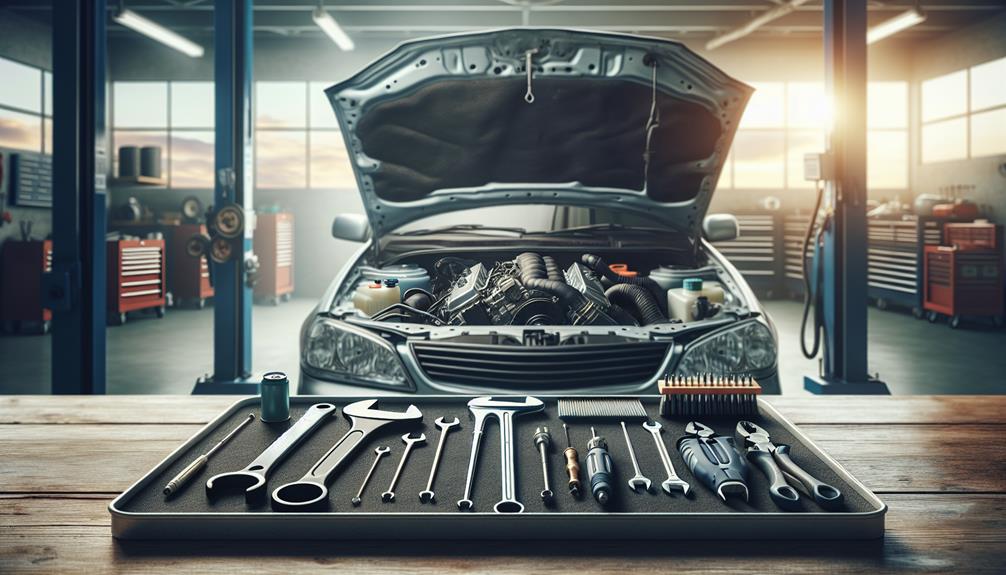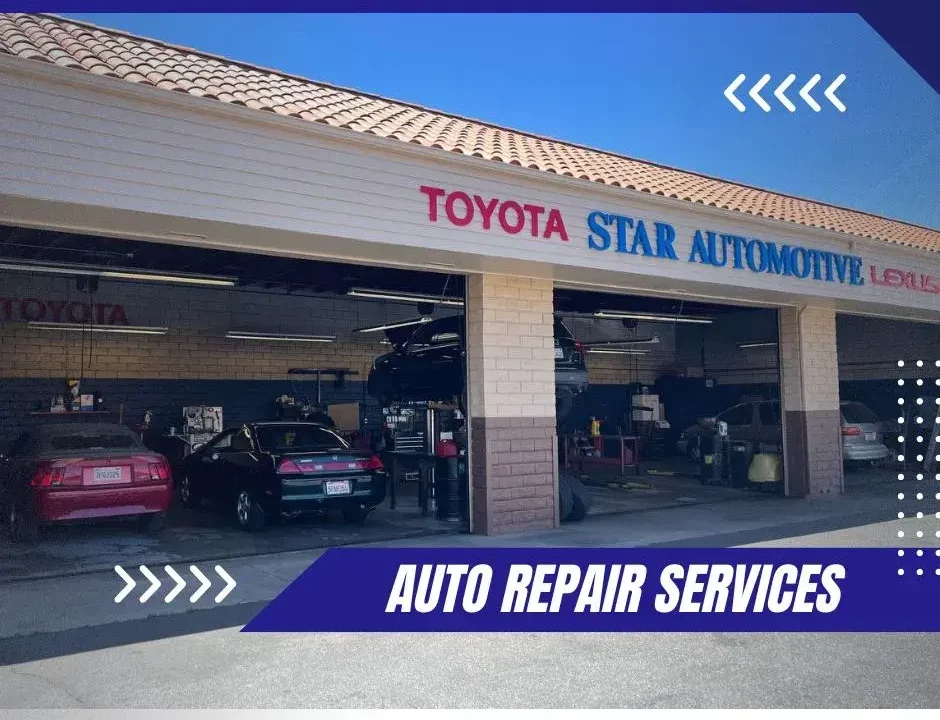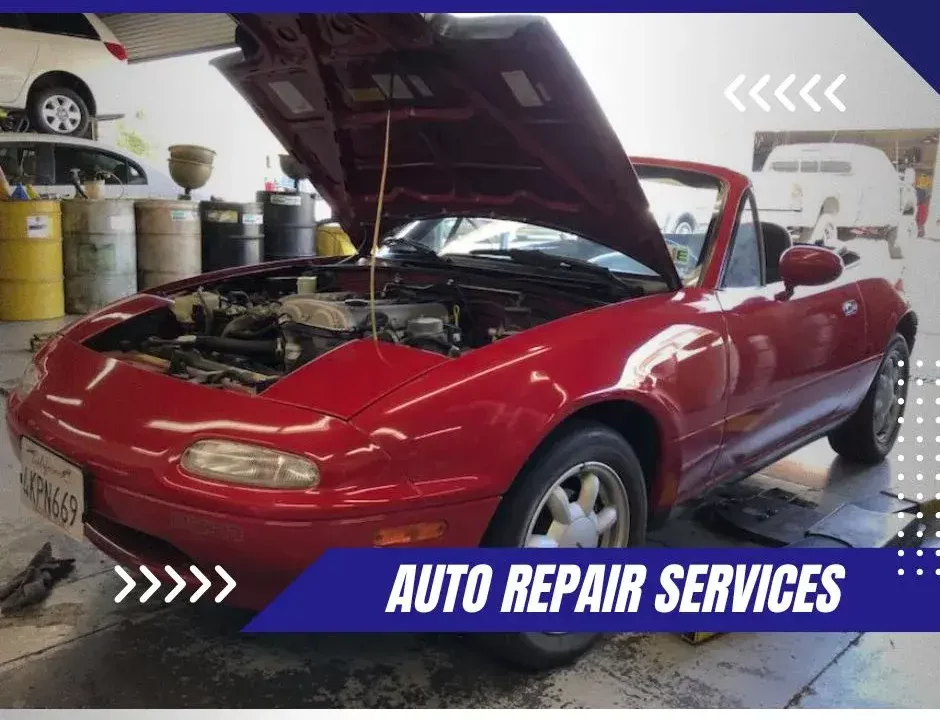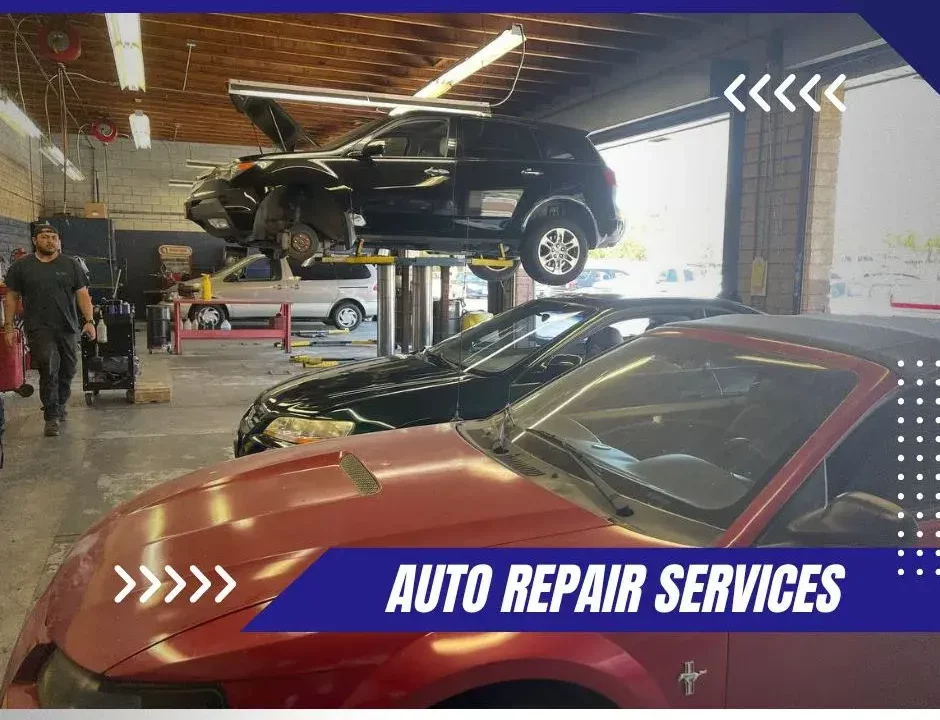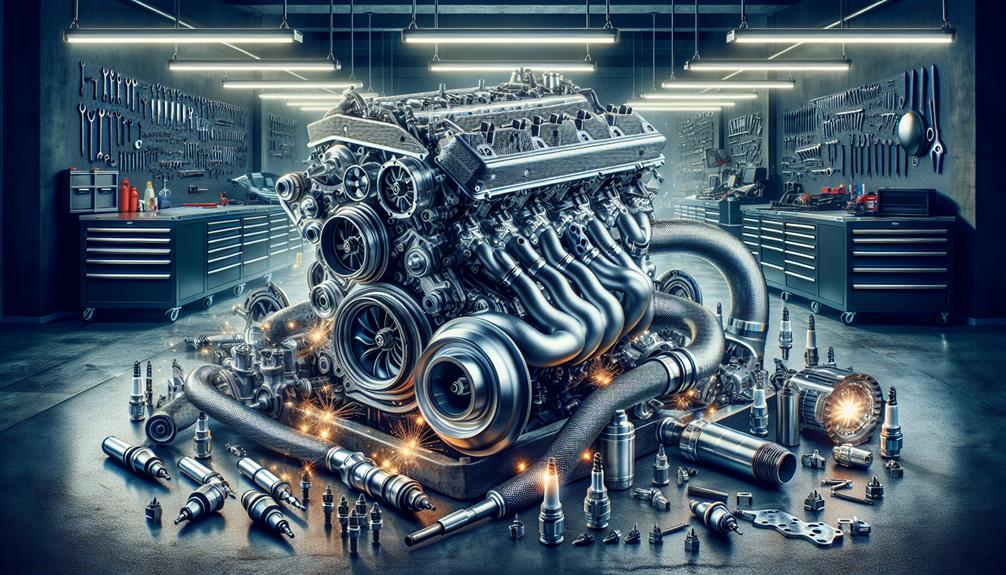
Turbocharged: Secrets of High-Performance Engine Upgrades
February 9, 2024Explore Knowledge at Thousand Oaks Grant R. Brimhall Library
February 13, 2024The engine, often referred to as the heart of your car, plays a critical role in the overall performance and longevity of your vehicle. A properly maintained engine not only boosts your car’s performance but also extends its life span, saving you from costly auto repair in the long run. This comprehensive guide to engine maintenance will provide a detailed analysis of its intricacies, from understanding basic engine components to essential maintenance tips. As a car owner, one might question the significance of regular engine maintenance, or even ponder the potential consequences of neglecting this crucial task. Stay with us as we explore these questions and more, providing you with the necessary knowledge to keep your car’s heart beating strong.
Understanding Basic Engine Components
To fully grasp the intricacies of engine maintenance, one must first familiarize oneself with the basic components of an engine and their respective functionalities. The engine block, the structural base of the engine, houses the cylinders where combustion occurs. The piston, moving within these cylinders, creates power by converting the energy from combustion. The crankshaft, connected to the pistons via connecting rods, translates this linear motion into rotational motion, driving the vehicle. The cylinder head, containing the valves and spark plugs, controls the intake of air and fuel, as well as the release of exhaust gases. Understanding these components, their interactions, and their roles in the engine’s operation is crucial for efficient maintenance and troubleshooting. This knowledge creates a sense of belonging among car enthusiasts and professionals alike.
Essential Engine Maintenance Tips
Having established a foundational understanding of engine components, we can now explore some essential tips for maintaining your engine and ensuring its optimal performance.
1. Regular Oil Changes: Adhere to the recommended schedule for oil changes, usually every 3,000 to 5,000 miles. This keeps the engine lubricated, reducing wear and tear.
2. Filter Replacements: Replace air and fuel filters as needed to prevent debris from damaging the engine and impairing its performance.
3. Coolant Checks: Regularly check and top-up engine coolant to prevent overheating.
4. Routine Inspections: Regularly inspect belts, hoses, and engine fluids for possible leaks or damages.
Incorporating these practices into your maintenance routine supports engine health and longevity. As part of our auto repair community, you are now equipped to care for your vehicle’s heart.
Conclusion
In conclusion, maintaining an engine, the heart of a vehicle, requires both knowledge and diligence. Regular checks, appropriate servicing, and prompt repairs ensure its longevity and efficiency. Much like a well-tuned orchestra, each component must harmoniously work together, producing a symphony of motion that results in an optimally functioning vehicle. Thus, understanding and adhering to these essential engine maintenance tips is indispensable for every vehicle owner to ensure a smooth and safe journey.

